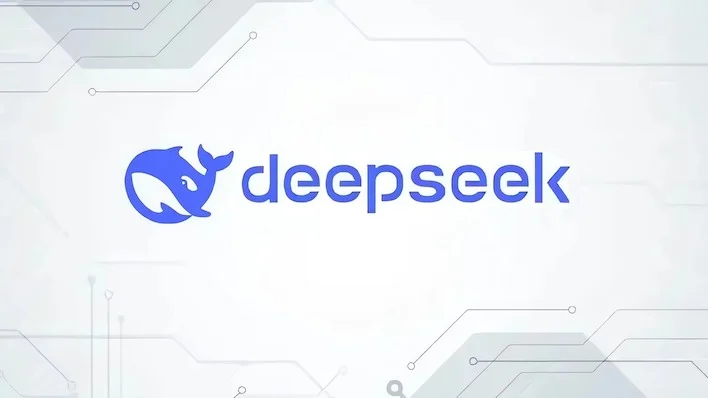Market disruption and shockwaves through Silicon Valley marked Chinese startup DeepSeek’s launch, challenging some of the fundamental assumptions of how artificial intelligence companies had operated and scaled.
In less than a couple of years, the Beijing-based newcomer has accomplished what many thought impossible: creating AI models that compete with industry giants while spending only a fraction of their competitors’ budgets teaching models and inferring responses.
The impact at the time of the public launch was immediate and measurable. According to the South China Morning Post, major tech stocks, including Nvidia, Microsoft, and Meta, experienced significant declines as investors grappled with the implications of DeepSeek’s existence.
The startup’s free AI assistant application for iOS and Android, launched on January 10, quickly climbed to the top spot on Apple’s US App Store, displacing OpenAI’s ChatGPT and marking a historic first for a Chinese AI product in the American market.
What makes this particularly significant is DeepSeek’s technological approach. The Algorithmic Bridge reports the company has implemented several innovative solutions, including Multi-head Latent Attention (MLA) to reduce memory bottlenecks and Group Relative Policy Optimisation (GRPO) to streamline reinforcement learning.
The advances allow DeepSeek to achieve comparable or superior results to US competitors while using significantly fewer resources. The company’s resource efficiency is striking: DeepSeek operates with less than 100,000 H100 GPUs, while Meta will deploy 1.3 million GPUs by late 2025.
The efficiency extends beyond hardware. The Algorithmic Bridge suggests that DeepSeek’s approach represents a tenfold improvement in resource utilisation when considering factors like development time and infrastructure costs.
However, the rapid rise into Western users’ consciousness wasn’t without challenges. The South China Morning Post reported that DeepSeek’s sudden popularity led to significant infrastructure stress, resulting in server crashes and cybersecurity concerns that forced temporary registration limits. The growing pains highlight the real-world challenges of scaling AI services, regardless of architectural efficiency.
The company’s commitment to open-source development and research transparency starkly contrasts the secretive approaches of major US tech companies. To many industry observers, open and locally-hosted AI may be the preferred deployment blueprint.
The company earned praise from prominent figures in the tech industry, including venture capitalist Marc Andreessen, who described DeepSeek’s developments as “one of the most amazing and impressive breakthroughs.”
The political implications of the events are significant. US President Donald Trump characterised DeepSeek’s emergence as a “wake-up call” for American industry, reflecting broader concerns about technological competition between the United States and China. He continues to battle Chinese competition in technology, imposing restrictive tariffs that have affected all corners of the globe.
However, the situation transcends simple national rivalry, representing a fundamental challenge to established thinking about AI development.
Looking ahead, several key questions remain. Can DeepSeek’s efficient approach scale to meet growing demand? Have established players adapted their strategies in effective response? The Chinese company has demonstrated that algorithmic efficiency and open collaboration can replace raw computational power and secrecy as the primary drivers of AI advancement.
The AI market disruption may ultimately benefit the entire field by forcing a re-evaluation of established practices and could potentially lead to more efficient, accessible AI development methods.
While DeepSeek’s achievements are remarkable since springing into the public’s consciousness, it’s important to note that major US tech companies have released advances of their own, and market volatility in the tech sector remains high.
What’s clear is that DeepSeek introduced a viable alternative to the capital-intensive approach that has dominated AI development. Whether this becomes the new industry standard or simply one of many successful strategies remains to be seen, but the company’s impact on the industry already significant.
Photo by Markus Spiske)
See also: DeepSeek restricts sign-ups amid ‘large-scale malicious attacks’
Want to learn more about AI and big data from industry leaders? Check out AI & Big Data Expo taking place in Amsterdam, California, and London. The comprehensive event is co-located with other leading events including Intelligent Automation Conference, BlockX, Digital Transformation Week, and Cyber Security & Cloud Expo.
Explore other upcoming enterprise technology events and webinars powered by TechForge here.
Read the full article here














